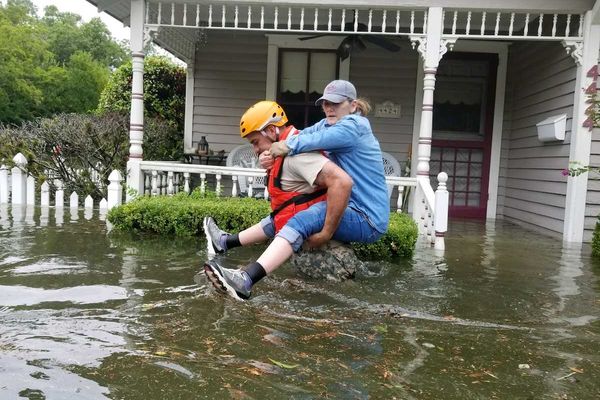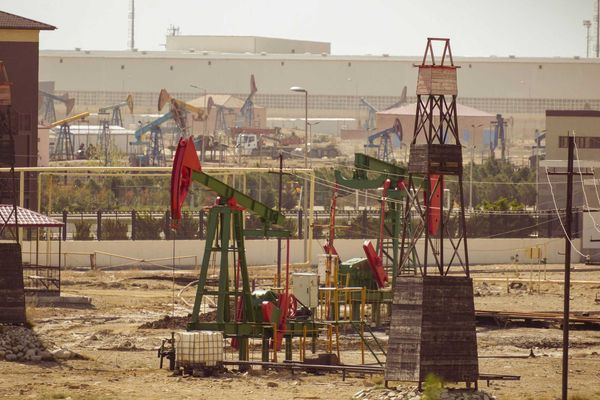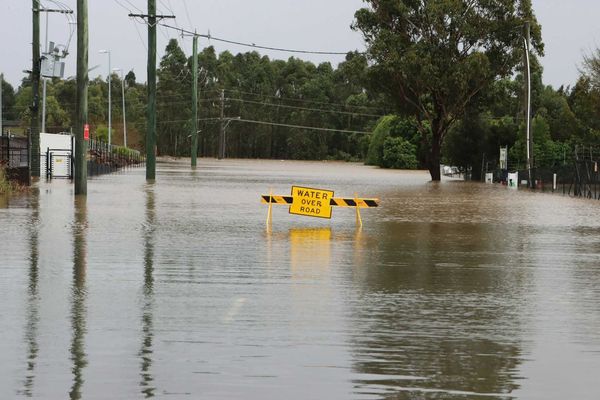texas
Photo credit: Texas National Guard; https://www.flickr.com/photos/thenationalguard/ (Photo by 1Lt. Zachary West, 100th MPAD) Creative commons https://creativecommons.org/licenses/by/2.0/
Kerr County was among dozens of Texas communities to turn down state flood money, saying it wasn’t enough
Texas earmarked $1.4 billion to help fund flood prevention projects. But after learning that so many communities turned down the money, two lawmakers who approved the program acknowledged it was flawed.
Credit: Anatoly Maltsev/Unsplash
Republican split widens as Texas regulator bashes carbon capture
A growing number of GOP elected officials question the use of carbon capture and storage for oil and gas projects.
Credit: Joshua J. Cotten/Unsplash
Opinion: How a Texas shrimper stalled Exxon’s $10bn plastics plant
Diane Wilson recognized Exxon’s playbook – and showed how local people can take on even the most entrenched industries.
Crédito: Md. Hasanuzzaman Himel/Unsplash
How a billionaire's plan to export East Texas groundwater sparked a rural uprising
As fast-growing cities and suburbs scramble for new water sources, farmers in East Texas are turning to the state to keep their wells from running dry.
Newsletter
Credit: Wolterk/BigStock Photo ID: 151650362
Exxon funded thinktanks to spread climate denial in Latin America, documents reveal
Texas-based fossil fuel company financed Atlas Network in attempt to derail UN-led climate treaty process.
Photo by Wes Warren on Unsplash
FEMA denied or didn’t advance most Kerr County flood requests
Advocates are questioning why so many applicants from the flood-ravaged Texas county have not received federal disaster help. Nonprofits are trying to fill in the gaps.
Newsletter
Credit: Marco de Winter/Unsplash
Exxon steps back from Texas Gulf Coast plastics plant
Exxon Mobil will postpone its plans for a large new plastics production plant on the Gulf Coast of Texas, according to the company. Construction was initially planned to begin next year on the $10 billion facility in rural Calhoun County.
ORIGINAL REPORTING
MOST POPULAR
CLIMATE
















